Home>Garden Essentials>When To Plant Clover Seed For Lawn
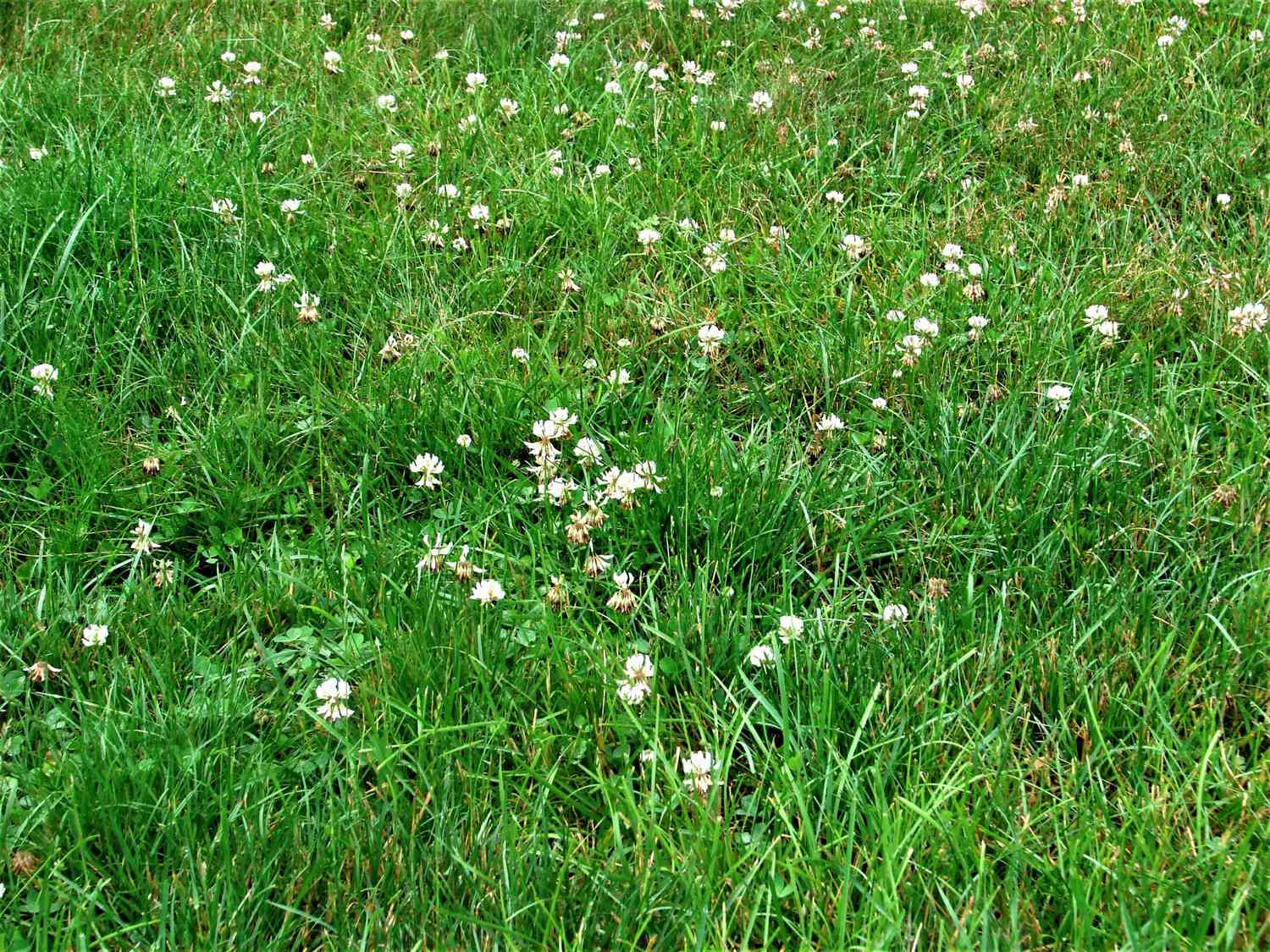

Garden Essentials
When To Plant Clover Seed For Lawn
Modified: March 16, 2024
Learn when to plant clover seed for your garden and achieve a lush, vibrant lawn. Discover the ideal timing to sow clover seed and enhance your garden's beauty
(Many of the links in this article redirect to a specific reviewed product. Your purchase of these products through affiliate links helps to generate commission for Storables.com, at no extra cost. Learn more)
Introduction
Welcome to the wonderful world of gardening! If you’re looking to create a beautiful and vibrant lawn, then planting clover seed is a fantastic option to consider. Clover not only adds an enchanting touch to your outdoor space but also offers a host of benefits for both your lawn and the environment.
Before diving into the process of planting clover seed and the best time to do so, it’s important to consider a few factors. Understanding these factors will help ensure the success of your clover lawn and create an environment where it can thrive.
So, let’s explore what you need to know before embarking on your clover seed planting journey.
Key Takeaways:
- Plant clover seed in late summer or early fall for optimal growth. Consider factors like climate, soil, and lawn usage to ensure a thriving clover lawn.
- Enjoy the benefits of clover, including weed suppression, drought tolerance, and cost savings. Embrace the beauty of a vibrant clover lawn while supporting the environment.
Read more: When To Plant Crimson Clover Seed
Factors to Consider Before Planting Clover Seed
Before getting your hands dirty and sowing clover seed in your lawn, there are a few important factors to consider. Taking these into account will help you achieve the best results and a flourishing clover lawn.
1. Climate and Region: Clover is a versatile plant that can thrive in a range of climates. However, different varieties of clover have specific temperature and moisture requirements. Research the specific type of clover seed appropriate for your region to ensure optimal growth.
2. Soil Type and Condition: Clover prefers soil that is well-draining and rich in organic matter. Conduct a soil test to determine its pH level and nutrient composition. This will help you address any deficiencies and amend the soil accordingly before planting the clover seed.
3. Sunlight Requirements: While clover can tolerate partial shade, it thrives in areas with ample sunlight. Evaluate your lawn’s sun exposure patterns and choose an appropriate spot that receives 4-6 hours of direct sunlight daily.
4. Existing Lawn Mixture: If you have an existing grass lawn, consider the compatibility of clover with your current grass species. Clover has a natural ability to fix nitrogen in the soil, enhancing fertility. However, some grass types may not coexist harmoniously with clover. Consult with a local gardening expert to ensure the compatibility of your chosen clover seed with your existing lawn mixture.
5. Pest and Weed Control: Determine the prevalence of pests and weeds in your lawn. Clover, with its dense growth habit, can naturally suppress weed growth. However, if your lawn has persistent weed issues, consider implementing appropriate weed control measures before planting clover. Similarly, address any pest issues to prevent damage to your clover lawn.
6. Watering and Drainage: Adequate watering is crucial for the establishment and growth of clover seed. Evaluate your lawn’s watering requirements and ensure proper drainage to prevent waterlogging, which can hinder the growth of clover.
7. Lawn Usage: Consider how your lawn will be used. Clover lawns are resilient, withstand foot traffic well, and recover quickly from stress. However, if your lawn is primarily used as a sports field or high-traffic area, you may need to consider alternative grass options in those specific areas.
By considering these factors, you can create the ideal conditions for your clover lawn. Once you’ve covered these basics, it’s time to explore the best time to plant clover seed in your area.
Best Time to Plant Clover Seed for Lawn
The timing of planting clover seed is crucial for its successful establishment and growth. The ideal time to sow clover seed in your lawn depends on various factors, including your geographic location and the specific type of clover you choose.
Generally, it is recommended to plant clover seed in late summer or early fall, when the soil is still warm from the summer heat but temperatures have started to cool down. This provides optimal conditions for germination and establishment before the harsh winter sets in.
If you live in a warmer climate, where winters are mild, you can also consider planting clover in early spring. This allows the seed to germinate and establish before the summer heat arrives.
When planning the timing of planting clover seed, it’s important to consider the frost dates in your region. Planting too late in the fall can lead to insufficient growth before the first frost. Similarly, planting too early in the spring may expose the seedlings to late frost, which can damage or kill them.
Before sowing the clover seed, it is recommended to prepare the soil by removing any existing weeds and loosening the top layer. This will create an ideal bed for the seed to establish itself.
Once the seed is sown, it’s essential to keep the soil consistently moist during the germination period. This typically ranges from 7 to 10 days, depending on the variety of clover. Ensure the soil doesn’t dry out completely during this time, as it can hinder germination. However, be cautious not to overwater, as excessive moisture can lead to fungal diseases.
After the clover seed has germinated and established, continue to monitor its water needs and adjust accordingly. Clover is known for its drought tolerance, but regular watering during dry spells can help maintain its lush green appearance.
By following these guidelines and considering the best time for planting clover seed in your specific region, you can establish a thriving clover lawn that will enhance the beauty of your outdoor space.
Steps to Plant Clover Seed in Your Lawn
Planting clover seed in your lawn is a straightforward process that can yield beautiful results. Here are the steps to follow for successful establishment of a clover lawn:
1. Preparation: Begin by preparing the lawn area where you plan to sow the clover seed. Remove any existing weeds, rocks, or debris, and rake the soil to create a smooth and level surface. This will provide a favorable environment for seed germination.
2. Soil Amendments: Test the soil to determine its pH level and nutrient composition. If necessary, amend the soil by adding organic matter, such as compost or well-rotted manure, to improve its fertility and drainage. Follow the recommended application rates for the specific soil amendments you are using.
3. Seed Selection: Choose the appropriate variety of clover seed for your lawn. Consider factors such as your region’s climate, sun exposure, and intended use of the lawn. Opt for a high-quality seed that is free of weed seeds and certified to ensure better germination and growth.
4. Seeding: Spread the clover seed evenly over the prepared soil surface. Use a hand spreader or a mechanical seed spreader for larger areas to ensure uniform coverage. Follow the recommended seeding rate for the specific variety of clover you are planting. Lightly rake the seed into the soil to maximize seed-to-soil contact.
5. Watering: After seeding, water the area thoroughly but gently to settle the seed into the soil. Keep the soil consistently moist during the germination period, which typically ranges from 7 to 10 days. Water lightly and frequently to avoid excessive moisture or drying out of the soil. Be mindful not to create puddles or run-off, as this can displace the seed.
6. Germination and Establishment: Monitor the clover seedlings as they germinate and establish. Provide adequate sunlight, as clover thrives in areas with 4-6 hours of direct sunlight daily. Avoid mowing the area until the seedlings have reached a height of 2-3 inches, as this can damage the young plants.
7. Maintenance: Once the clover lawn has established, continue to provide regular maintenance. Mowing can be done as needed, keeping the grass height around 2-3 inches. Fertilize the clover lawn annually with a balanced fertilizer to maintain its vigor and lush appearance.
By following these steps, you can successfully plant clover seed in your lawn and enjoy the benefits of a lush and vibrant clover lawn.
Plant clover seed for your lawn in the early spring or late summer. This will give the seeds time to establish before the heat of summer or the cold of winter. Keep the soil moist for best results.
Maintenance Tips for a Clover Lawn
Once you have successfully established a clover lawn, it’s essential to provide regular maintenance to ensure its health and beauty. Here are some maintenance tips to keep your clover lawn thriving:
1. Mowing: Keep the grass height of your clover lawn around 2-3 inches. Mow regularly, ensuring that you don’t remove more than one-third of the grass height in a single mowing session. This will help maintain the lush appearance of the clover and prevent weed encroachment.
2. Watering: While clover is known for its drought tolerance, regular watering during dry spells can help maintain its vibrant green color. Water deeply and infrequently, allowing the soil to dry slightly between watering sessions. Avoid overwatering, as excessive moisture can lead to disease issues.
3. Fertilization: Clover is a nitrogen-fixing plant, meaning it has the unique ability to convert atmospheric nitrogen into a usable form. This natural process helps improve the fertility of the soil. However, if you notice signs of nutrient deficiency, you can supplement your clover lawn with a balanced fertilizer annually. Follow the manufacturer’s recommendations for application rates and timing.
4. Weed Control: Clover has a dense growth habit that helps suppress weed growth. However, it’s still crucial to keep an eye out for any weed intrusion. Regularly inspect your lawn for weeds and manually remove them or use appropriate herbicides if necessary. Ensure the herbicides you choose are labeled for use with clover and follow the instructions carefully.
5. Overseeding: Over time, your clover lawn may develop thin or bare patches. To address this, consider overseeding with fresh clover seed. Prepare the area as you did during the initial seeding process, ensuring good seed-to-soil contact. Water the area thoroughly after overseeding and keep the soil moist to aid in germination.
6. Pest Control: Clover is generally resistant to many common lawn pests. However, it’s still important to monitor for any potential pest issues, such as aphids or clover mites. If necessary, implement appropriate pest control measures to prevent damage to your clover lawn.
7. Enjoy the Benefits: One of the remarkable aspects of a clover lawn is its ability to attract beneficial insects, such as bees and butterflies. Take the time to enjoy the beautiful sights and sounds that these pollinators bring to your outdoor space as they visit the clover flowers.
By following these maintenance tips, you can ensure a healthy and vibrant clover lawn that will enhance the beauty of your landscape while providing numerous benefits to the environment.
Read more: How To Plant Clover Seed
Benefits of Planting Clover Seed in Your Lawn
Planting clover seed in your lawn brings a multitude of benefits. Whether you’re looking to enhance the aesthetics of your outdoor space or improve the overall health of your lawn, clover can deliver on both fronts. Here are some of the key benefits of incorporating clover into your lawn:
1. Nitrogen Fixation: Clover is a nitrogen-fixing plant, meaning it has the ability to convert atmospheric nitrogen into a usable form. This natural process helps improve the fertility of the soil, leading to healthier and greener turf. The added nitrogen also benefits neighboring grasses, reducing the need for synthetic fertilizers.
2. Weed Suppression: Clover has a dense growth habit, forming a thick mat that helps suppress weed growth. The dense coverage limits the space available for weeds to establish, reducing their presence in your lawn. This means less time spent pulling weeds and less reliance on herbicides.
3. Drought Tolerance: Clover is known for its ability to withstand dry conditions. Its deep root system helps it access soil moisture and tolerate periods of drought better than many traditional grass species. This makes it an excellent choice for areas prone to water scarcity or regions with limited rainfall.
4. Soil Health: The deep root system of clover helps improve soil structure and drainage. The plants also contribute organic matter as they naturally decay, enriching the soil with nutrients and promoting microbial activity. This leads to healthier soil overall, providing a better environment for the growth of surrounding grasses.
5. Pollinator Habitat: Clover flowers are highly attractive to bees, butterflies, and other pollinators. By incorporating clover into your lawn, you provide a valuable food source for these beneficial insects. Supporting pollinators helps promote biodiversity, aids in plant reproduction, and contributes to a healthier ecosystem.
6. Reduced Maintenance: In addition to its weed-suppressing qualities, clover requires less mowing compared to traditional grass lawns. Its slower growth rate means fewer mowing sessions and less time spent maintaining your lawn. This allows you to enjoy your outdoor space more and spend less time on lawn care chores.
7. Cost Savings: By reducing the need for synthetic fertilizers, herbicides, and excessive watering, planting clover can lead to significant cost savings in lawn maintenance. The natural benefits provided by clover translate into fewer inputs needed to maintain a healthy and vibrant lawn.
By incorporating clover into your lawn, you not only create a visually appealing landscape but also contribute to the health of the environment. Enjoy the numerous benefits that clover provides and take pride in having a vibrant and eco-friendly lawn.
Conclusion
Planting clover seed in your lawn is a fantastic way to create a beautiful and environmentally-friendly outdoor space. By considering factors such as climate, soil conditions, and lawn usage, you can ensure the success of your clover lawn. Timing is crucial, and sowing clover seed in late summer or early fall is generally recommended for optimal growth.
Following the steps of preparation, seeding, and proper watering will help you establish a thriving clover lawn. Regular maintenance, including mowing, watering, and overseeding, will ensure its health and vibrancy over time. Clover offers numerous benefits, including nitrogen fixation, weed suppression, drought tolerance, and improved soil health. It also acts as a valuable habitat for pollinators, contributing to biodiversity and the overall health of the ecosystem.
Not only does planting clover seed offer environmental benefits, but it can also save you time and money in lawn care. With its reduced maintenance requirements and natural advantages, you can enjoy a stunning lawn while minimizing your ecological footprint.
So, why wait? Embrace the beauty and advantages of planting clover seed in your lawn. With proper planning, timing, and maintenance, you can create a lush and vibrant clover lawn that brings joy to your outdoor space and supports the health of the environment.
Frequently Asked Questions about When To Plant Clover Seed For Lawn
Was this page helpful?
At Storables.com, we guarantee accurate and reliable information. Our content, validated by Expert Board Contributors, is crafted following stringent Editorial Policies. We're committed to providing you with well-researched, expert-backed insights for all your informational needs.
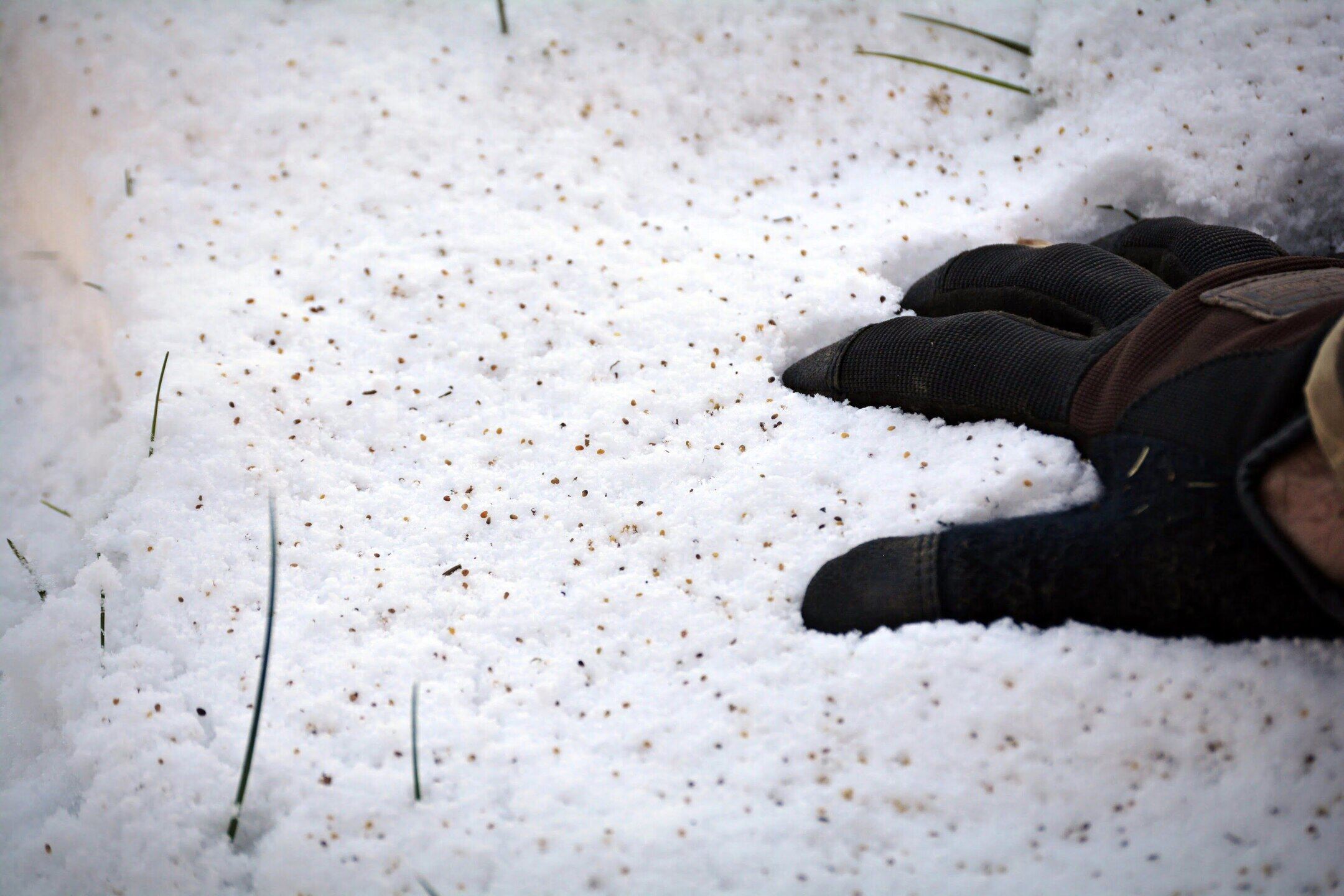
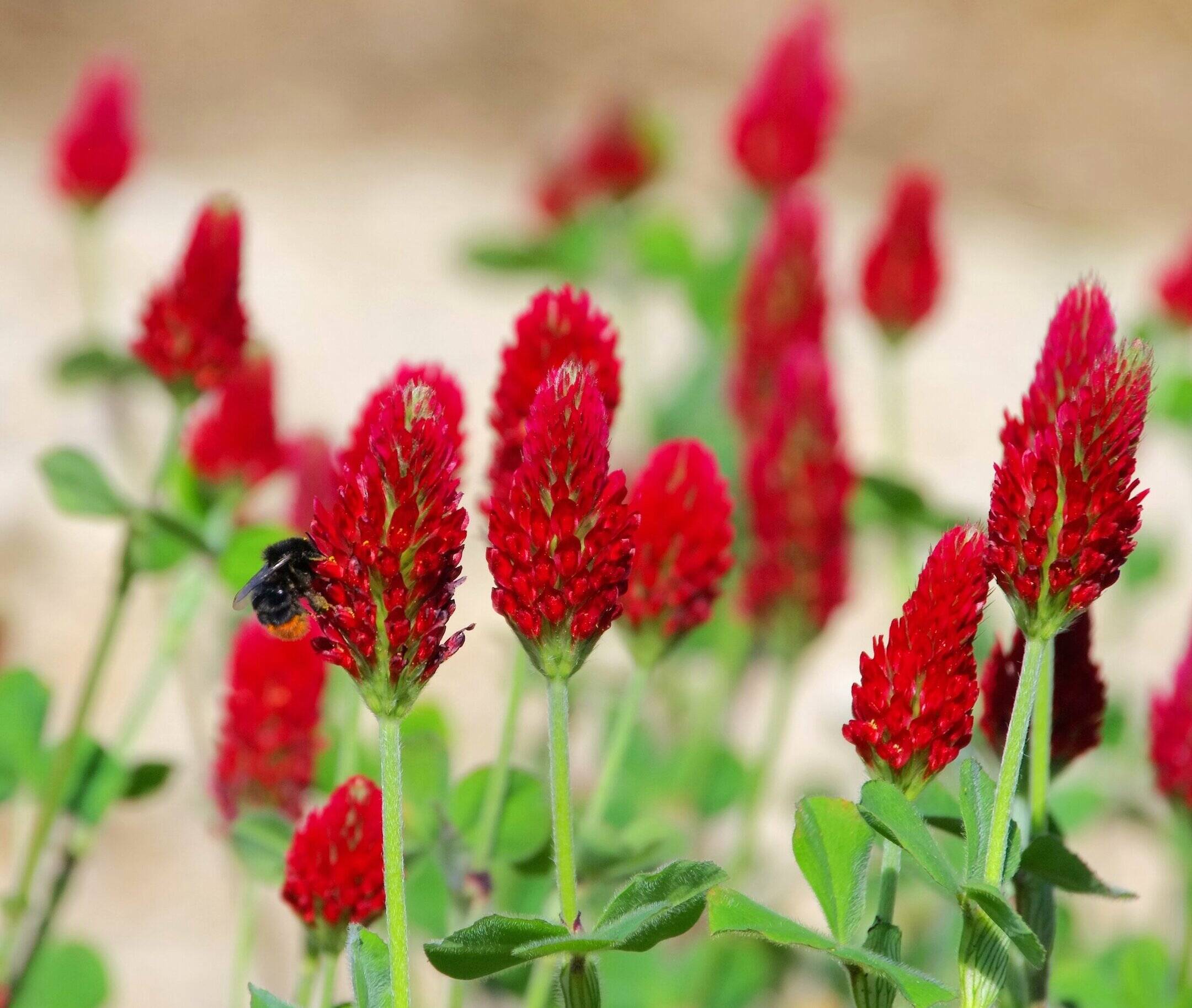
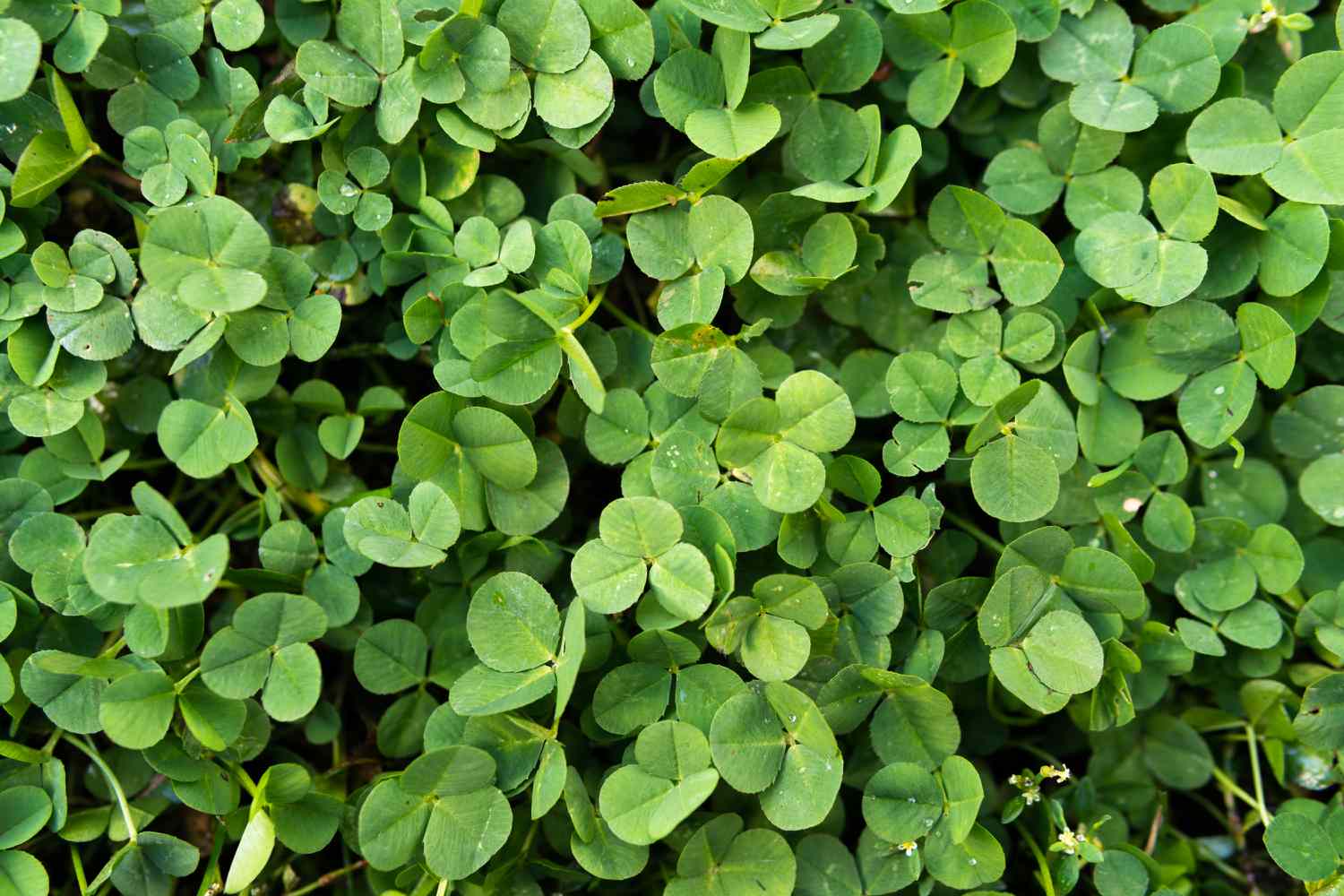
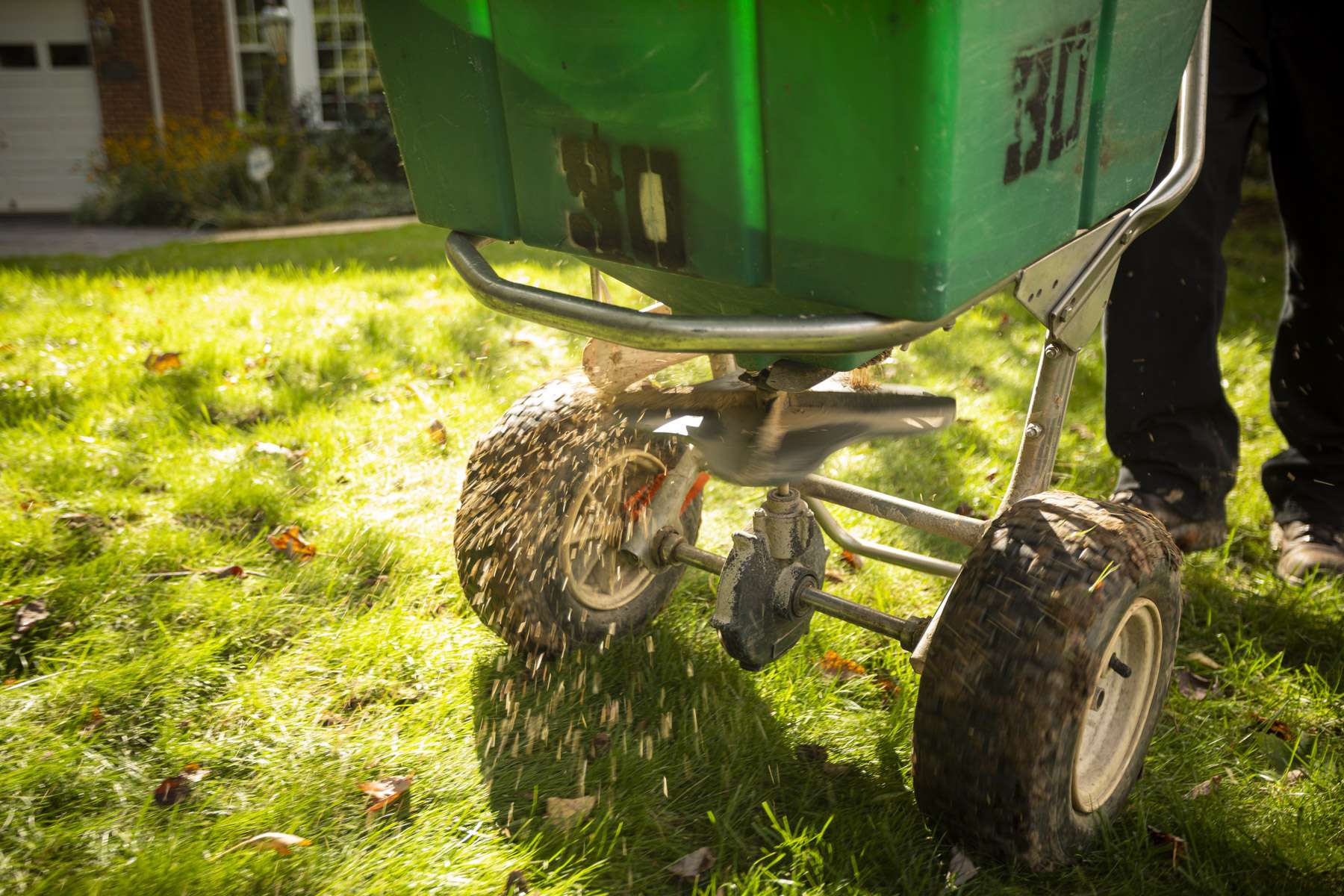
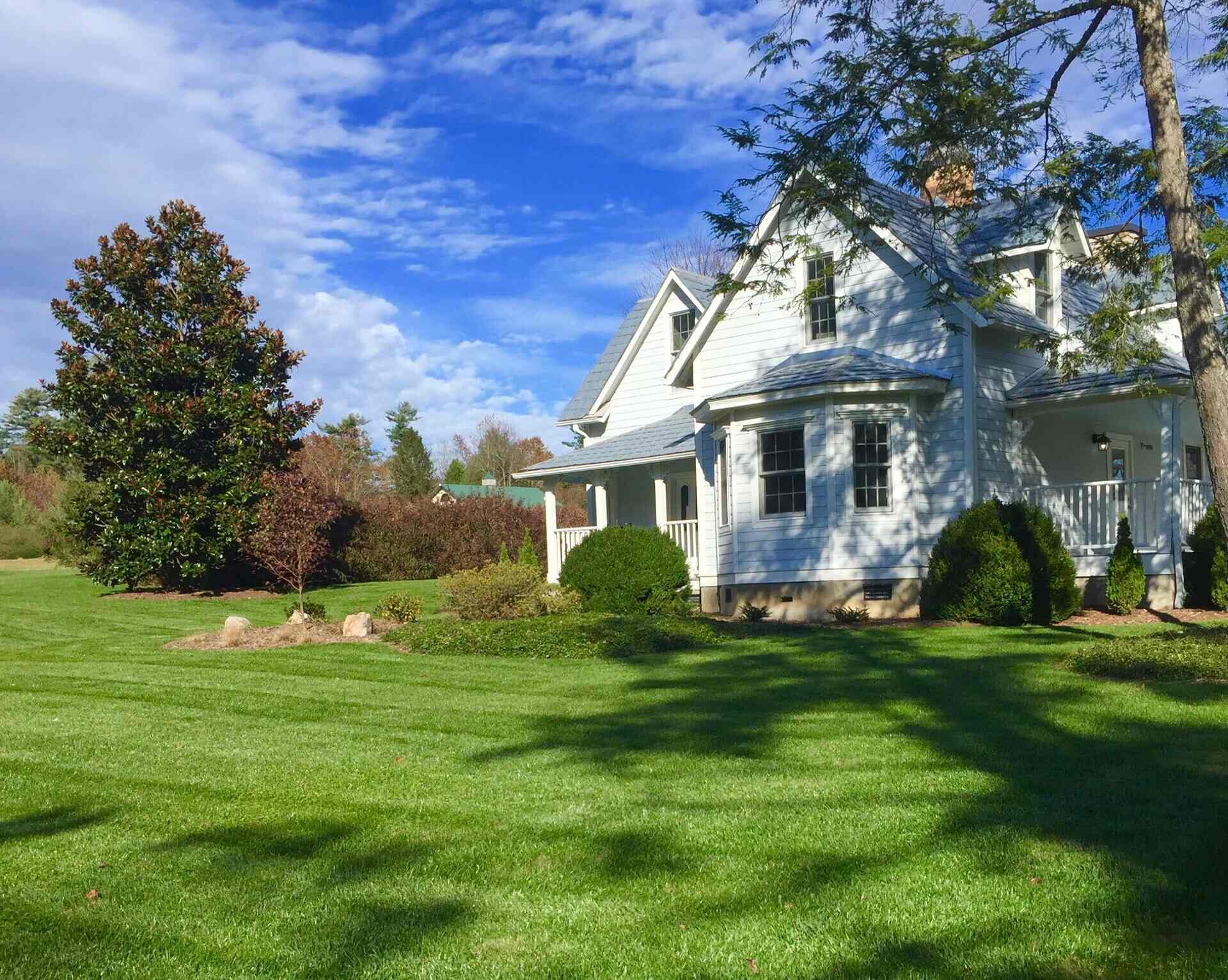
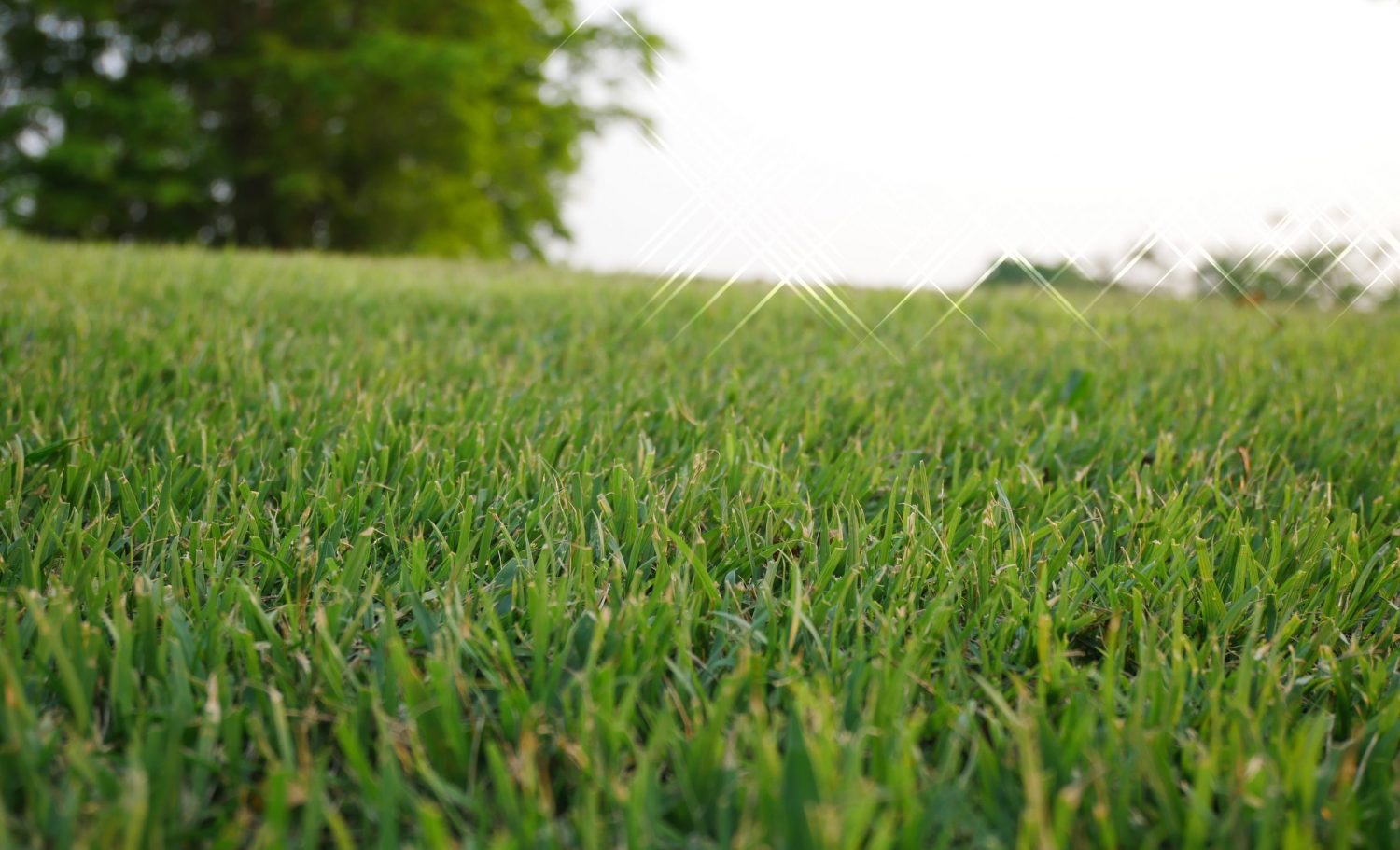
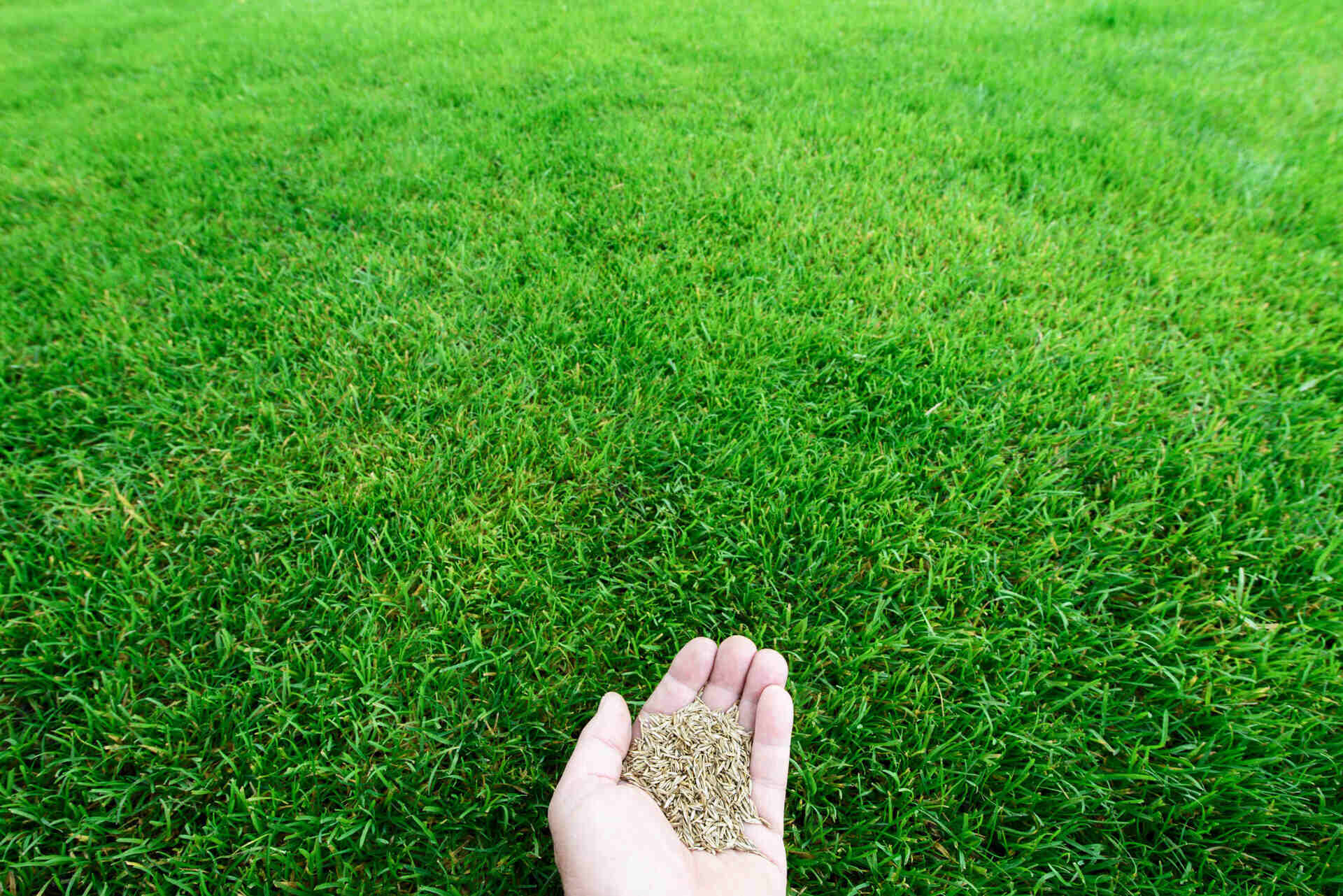
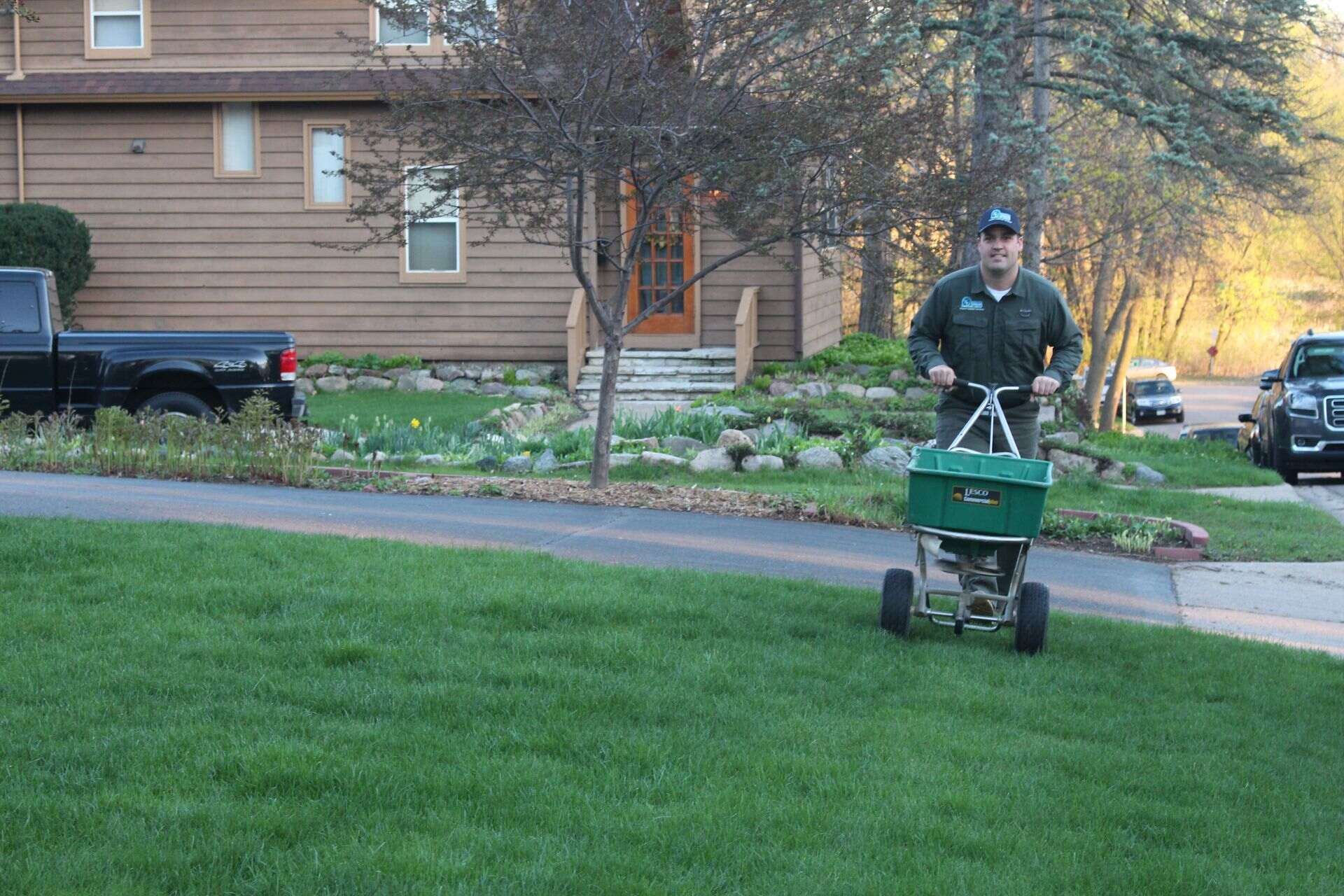
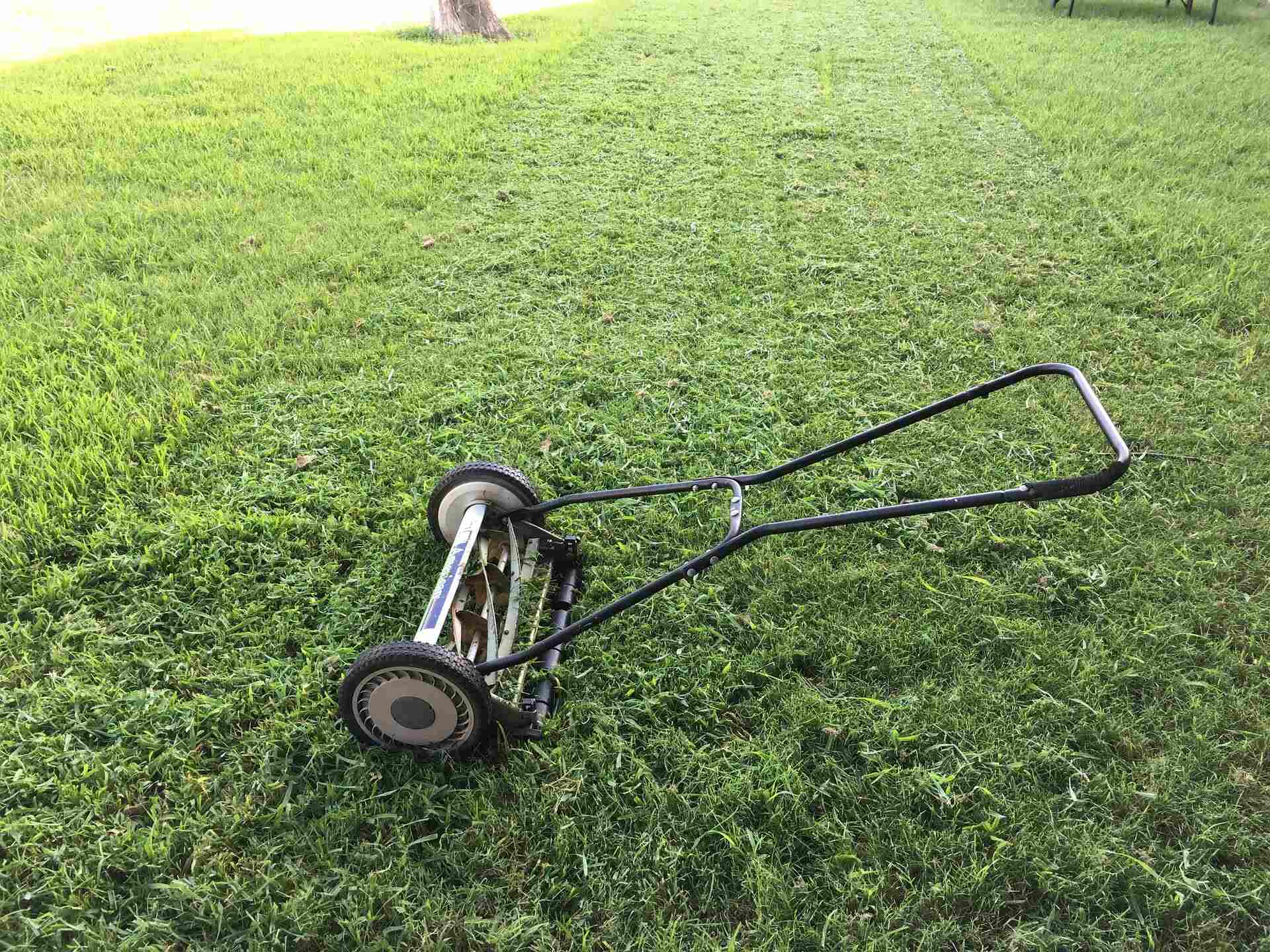

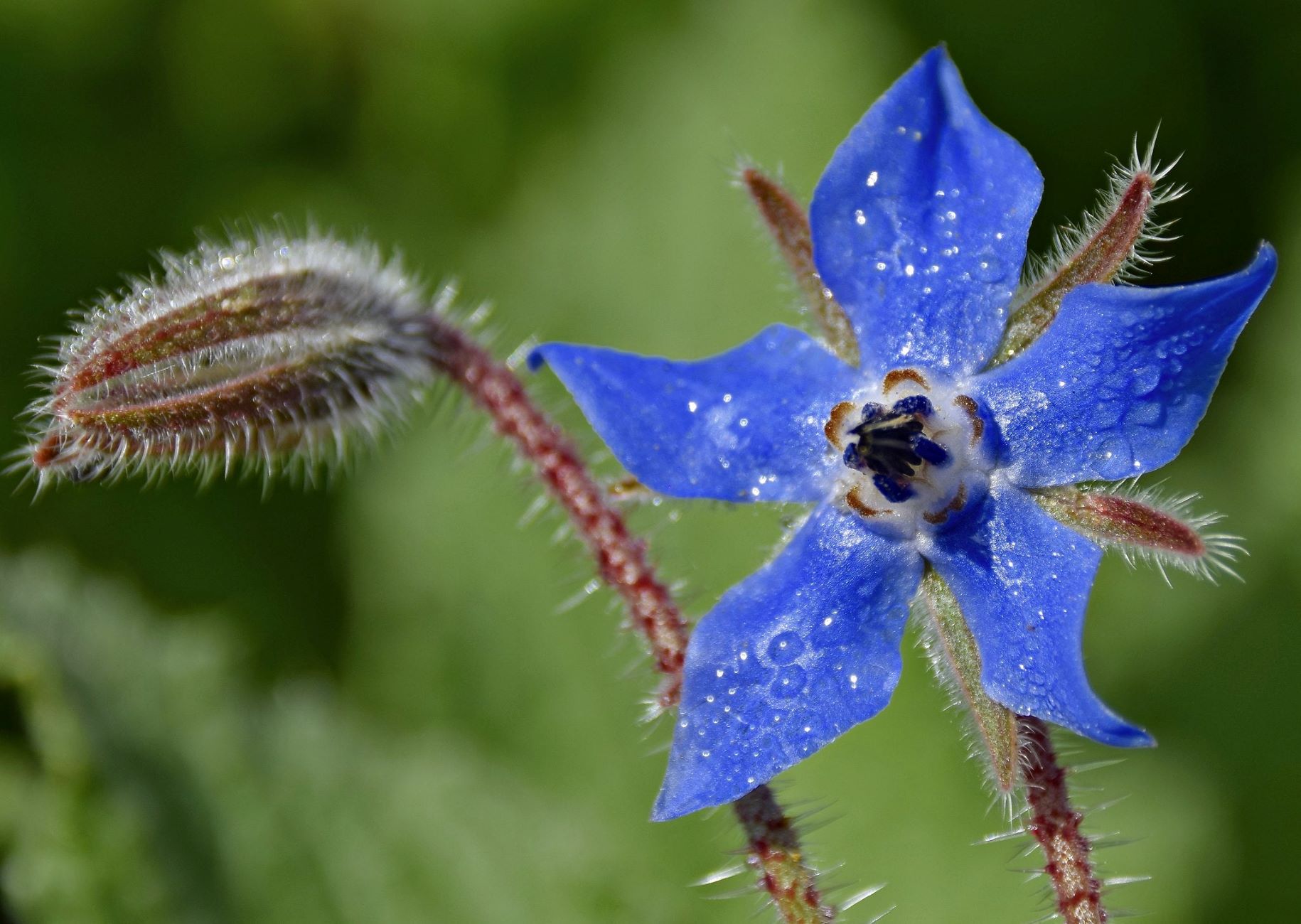
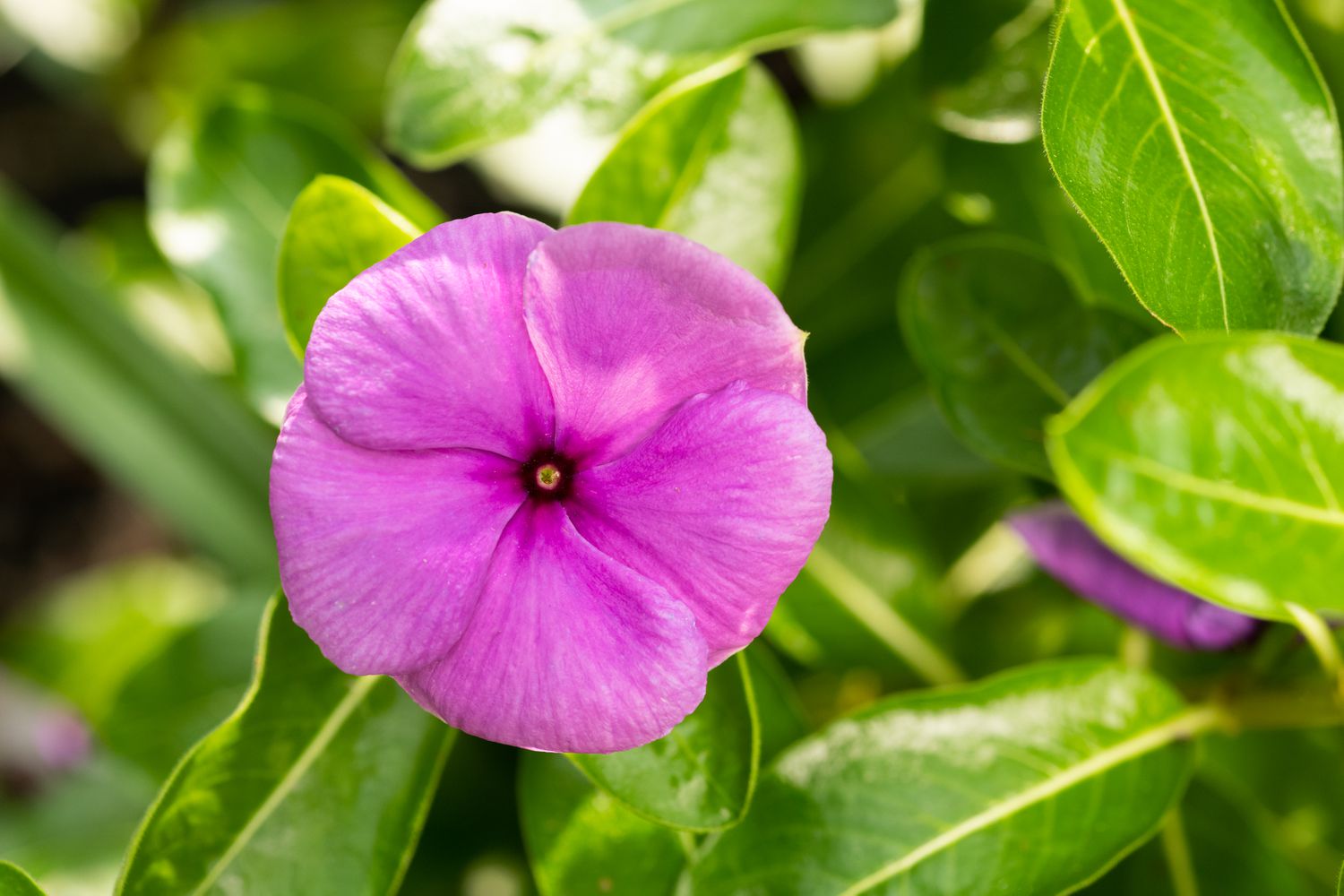
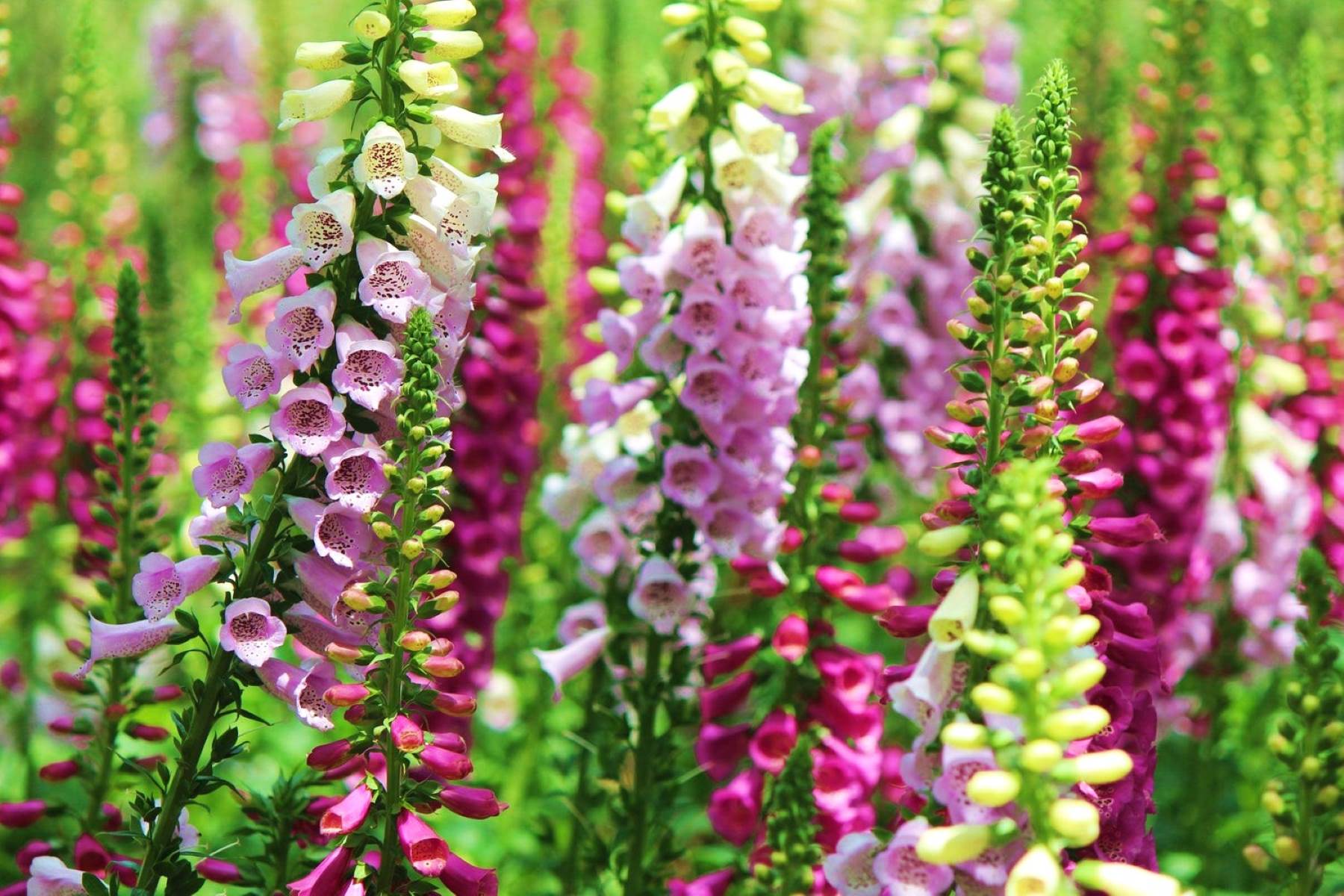
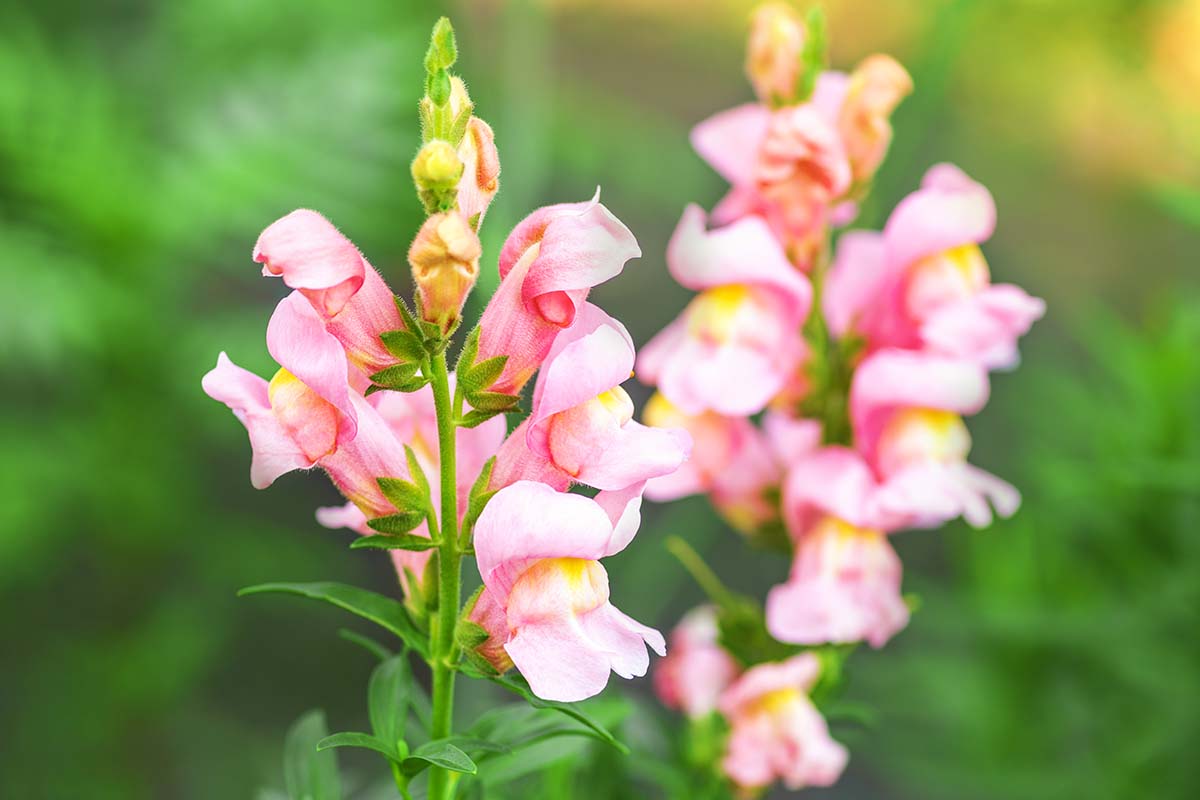

0 thoughts on “When To Plant Clover Seed For Lawn”